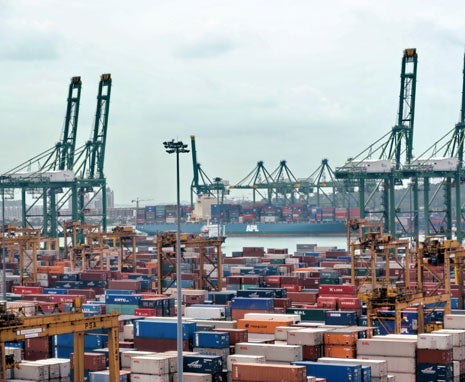The United States is currently engaged in a trade negotiation known as the Trans Pacific Partnership (TPP) with eight other Pacific Rim countries. Public Citizen recently posted a leaked draft of the agreement’s proposed language on international investment. If the information they posted is accurate, it’s good news for those who support U.S. constitutional values.
Among the proposed TPP guidelines for international investment:
- Governments should treat foreign investors no differently than domestic investors,
- Governments should treat investors from each TPP trading partner equally,
- Governments should not force companies to use a certain percent of domestic content if they prefer to use less-expensive imported inputs or require companies to export the goods they produce,
- Governments should not expropriate (steal) a covered investment except through the due process of law while providing compensation.
This type of language can be found in most U.S. trade and investment agreements. However, its origin actually traces back to our country’s founding.
For example, the Fifth Amendment to the Bill of Rights states: “nor shall any person…be deprived of…property, without due process of law; nor shall private property be taken for public use, without just compensation.” These words appear almost verbatim in the TPP draft.
Our Constitution’s Commerce Clause makes it difficult for the state of California to discriminate against investors who live in Ohio, just as the TPP would make it difficult for TPP member countries to discriminate against investors based on which country they live in.
Trade agreements don’t just need good rules. They need a good way to enforce the rules. The proposed TPP dispute-resolution process would let U.S. companies appeal to an international panel if they believe their property rights have been violated by another government. Foreign companies investing in the U.S. would have the same opportunity. That’s much more effective than forcing investors to depend on the court system of the same government that just allegedly nationalized their property or otherwise broke the rules.
There is a principle at stake here, and that principle has universal value. The Constitution protects us from the possibility that property will be seized by the government without compensation. It also protects Americans from state and local politicians who, in the absence of the Commerce Clause, would be free to disrupt the flow of trade and investment within our 50-state free-trade area. If done correctly, trade agreements like the TPP should expand the application of this principle to our economic relationships with billions of people around the globe.
